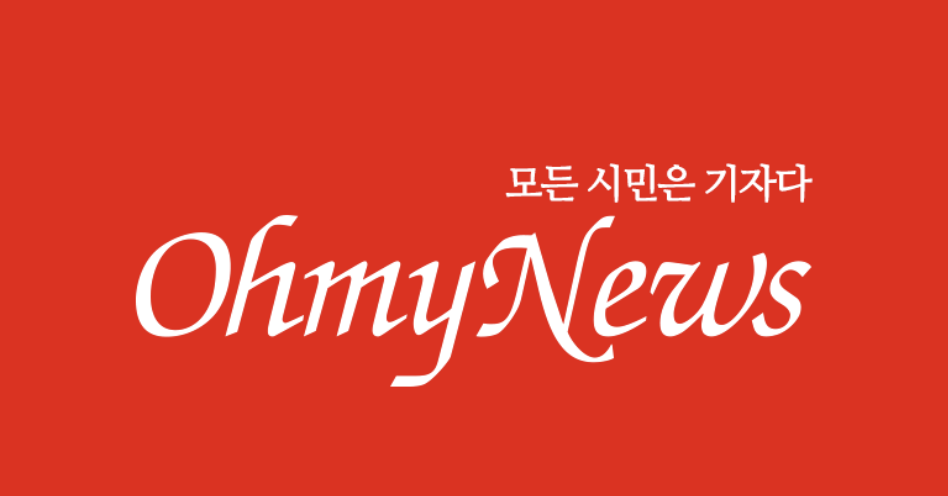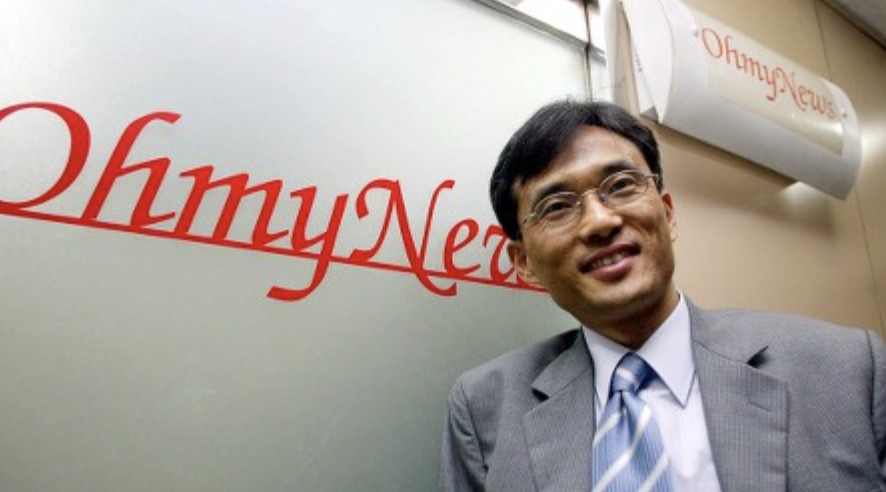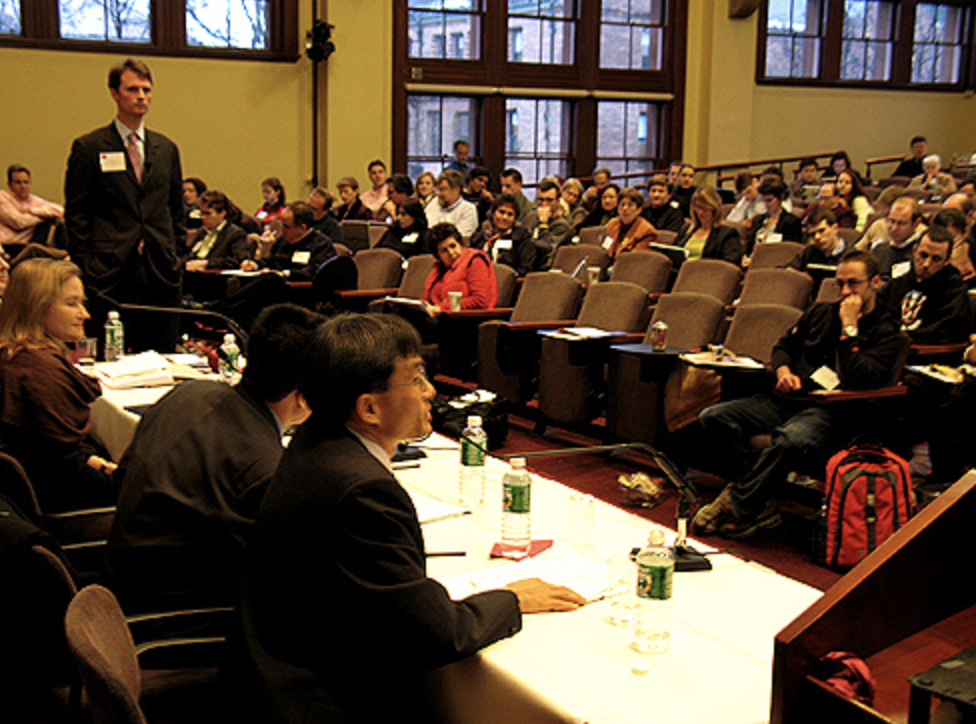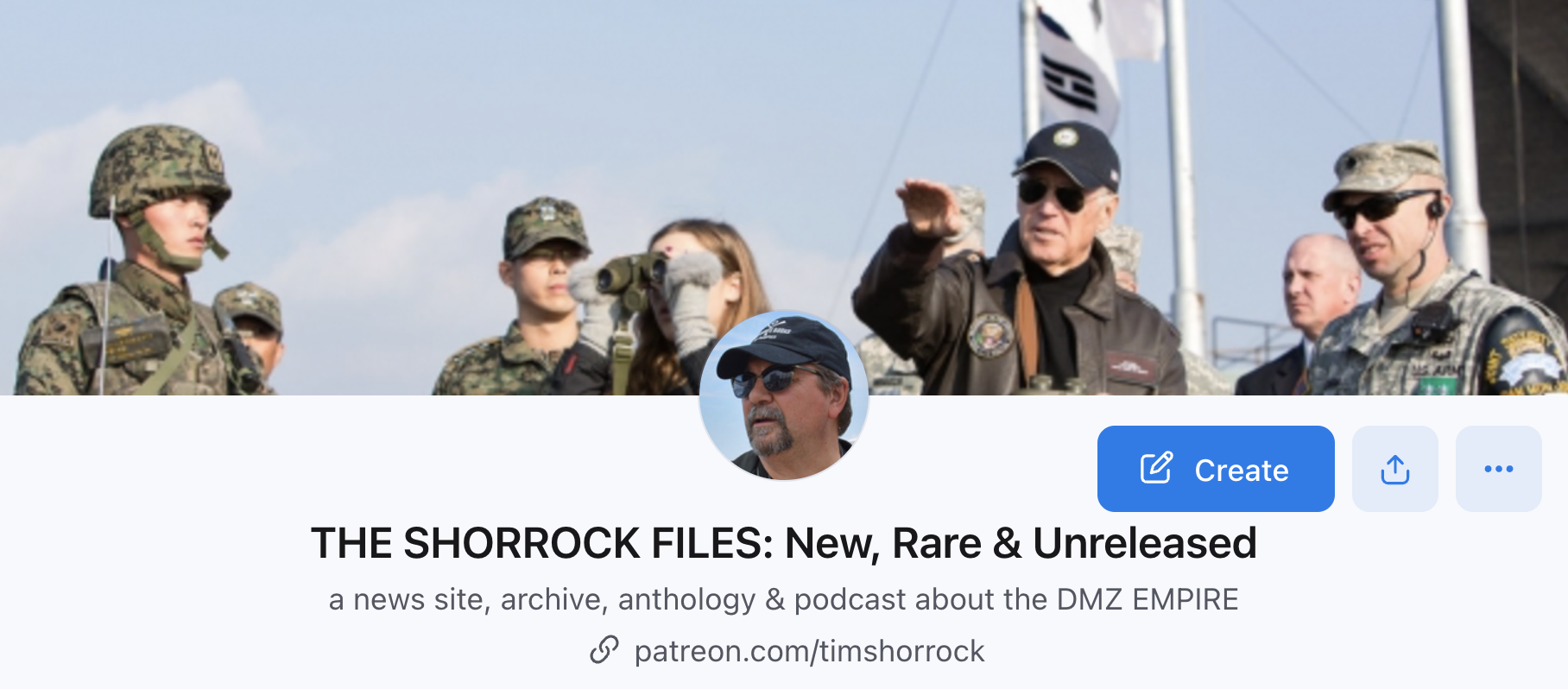
In his frenzy to shape Twitter to his image, zillionaire Elon Musk has described his newly acquired site as the premiere stage for “citizen journalism.” He also warned that the mainstream media would do everything to stop that from happening.
In response, I posted an explanation on Patreon. “I don’t think Mr. Musk has a clue what citizen journalism means,” I wrote. “His model seems to the unsubstantiated, fact-free reports that he constantly circulates from his reactionary friends and business partners.”
My vision of “citizen journalism,” I said, comes from South Korea’s Oh My News, which became a global sensation in 2002 by running dispatches from ordinary citizens and freelance journalists that broke through the lies and controlled news that became the norm during South Korea’s dark period of authoritarian government. That’s a tradition I want to continue on this website and Patreon.
For a deeper understanding of what I mean, here is an explanation of the origins and impact of Oh My News, from an unpublished chapter to my upcoming book.
South Korea, Journalism, and the Legacy of the 1980s
By Tim Shorrock
One of the most important lessons from the 1980s in South Korea is the tradition of citizen journalism as exemplified by Oh My News, a popular news-driven website based in Seoul.
Oh My News is the direct heir of a tradition that took hold in South Korea in the 1970s and 1980s, when the press was under strict government control. During that time, South Koreans learned to weigh what they read in official sources and to seek out the truth from eyewitnesses and others they could trust. Long before the Internet made instant communications possible, young Koreans would pass around mimeographed broadsheets and leaflets as alternatives to a press they knew they could not trust. This practice became the origin of Oh My News, which emerged in 2002 as a site to run dispatches and on-the-scene reports from average citizens equipped with a computer and a modem.

It became such a sensation in Korea that Oh Yeon Ho, its founder and CEO, was invited in 2004 to the United States that year to meet Al Gore, Donald Graham, the publisher of the Washington Post and other US internet and media luminaries. In a speech at Harvard’s Berkman Center, Oh directly linked his webzine to the thousands of people who struggled against military dictatorship after the Gwangju Uprising of 1980.

Especially during the 1980s, university students stood on the street yelling ‘perish military dictatorship, unveil the truth about the Gwangju Massacre,’” he explained. “Some, including me, served in jail or made the uneasy decision to sacrifice future job prospects by demonstrating. We can call them the children of the Gwangju Massacre. These historical experiences are the deep-rooted background of today’s active Korean netizens. Now the children of Kwangju are making their voices heard in cyberspace.” They are “teaching the next generation to remember modern history, and to struggle for a more vibrant democracy.”
Here’s how he described the origins of Korea’s citizen journalism:
Who could have imagined that the Internet, which was first developed in America for military purposes, crossed the Pacific Ocean to Korea, and bloomed flowers of citizen participatory journalism? Yes, the Internet originated in America. But citizen participatory Internet journalism started first in Korea, with the slogan “Every citizen is a reporter.” The slogan is not only about changing journalism, but about changing all of society.
Significantly, Oh linked his “participatory Internet journalism” to the lack of coverage in South Korea of the US military and its legacy.
In 1994, as an unknown freelance writer for a mainstream newspaper, Oh broke a story on the No Gun Ri incident in the summer of 1950, when US forces deliberately opened fire on a bridge where civilians were hiding, killing hundreds of women and children huddling under the eaves. At the time, the Korean press ignored the story; but when the Associated Press wrote about No Gun Ri five years later, winning a Pulitzer, it became big news. “Once the American media picked up the story, our mainstream newspapers wrote about No Gun Ri as if it was a fresh incident,” Oh told The New York Times in a story reprinted on his site. “This made me realize that we have a real imbalance in our media.”
He learned his lesson well: in 2003, after two Korean schoolgirls walking on a country road were crushed to death by a US Army armored vehicle on patrol, Oh My News broke the story. Its coverage, which reverberated on the internet for days, forced the hand of the conservative, pro-American mainstream press to pick up the story. That, in turn, sparked a surge of national demonstrations against the US Army presence in Korea and helped propel Roh Moo Hyun, a progressive associate of Kim Dae Jung, to the presidency later that year.
Oh My News has also boosted my own citizen reporting.
When the conservative president Park Guen Hye was in power, Oh My News translated a story I’d written for The Nation called “The Dictator’s Daughter Cracks Down on Labor.” It went viral in Korea, leading the Park government, through the South Korean consulate in New York City, to complain to my editors about the story. That coverage, in turn, boosted traffic on both of our news sites.
With South Korea now the most wired country in the world (more than 90 percent of the population has access to broadband), websites like Oh My News became a vehicle for citizen protest and alerts, fueling, for example, the Candlelight Revolution of 2016 and 2017, when millions of people came out to stand in silent protest at the utter incompetence and epic failures of Park’s conservative government to protect their lives and rights.
Another heir to this tradition, the Hankyoreh daily newspaper, was created in the early 1990s by newspaper reporters and broadcast journalists fired and purged for their investigative stories by the authoritarian governments of the 1970s and 1980s. These traditions of music, film and media are all linked to the great uprising of the 1980s. They are the true heirs to South Korea’s revolutionary years.
Elon Musk and his corporate and right-wing allies can’t hold a candle to that great tradition.

